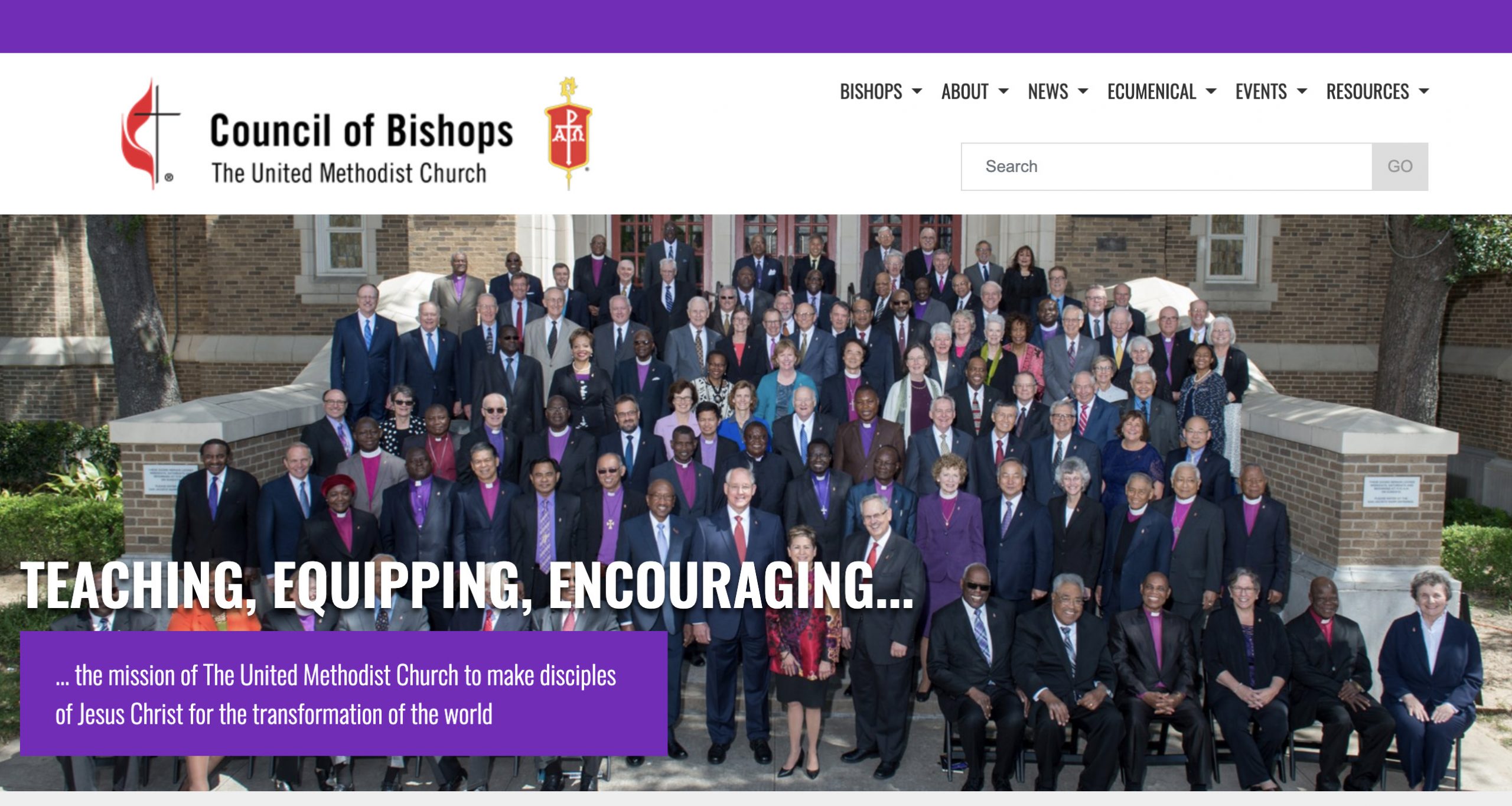By Joseph F. DiPaolo
A famous phrase was born in 1887, when the British historian known as Lord Acton (1834-1902), wrote a series of letters to Anglican Bishop Mandell Creighton about the problem of writing the history of the medieval church and its abuses, such as the Inquisition:
I cannot accept your canon that we are to judge Pope and King unlike other men, with a favourable presumption that they did no wrong. If there is any presumption, it is the other way against holders of power, increasing as the power increases … Power tends to corrupt and absolute power corrupts absolutely … There is no worse heresy than that the office sanctifies the holder of it.
I fear that we are seeing the dangers of unchecked power now beginning to play out among some bishops of The United Methodist Church.
In a previous article, I outlined what I believe to be insincere efforts to hold General Conference and the flawed process the Commission on the General Conference used to decide to postpone it. In this article, I want to widen our view to the potential institutional fallout of that decision.
With the recent decision that no General Conference will meet until 2024 – five years after the special session of 2019 and a full eight years after its last full session in 2016 – a power void has been created, into which many of our bishops are now stepping.
Our polity is clear: General Conference is the governing body of the UM Church, not the Council of Bishops. General Conference alone determines the content of the Book of Discipline and makes policy for the whole denomination. Bishops are supposed to implement those policies.
Now, however, with no General Conference, critical decisions cannot be made about all the challenges before the UM Church, including theological division, separation and restructuring plans, questions of discipline and accountability, approval of agency budgets and personnel changes, and more. So, by default, bishops are now beginning to step into roles they were never intended to have, effectively wresting control of the governance of The United Methodist Church away from the General Conference.
How will this play out? We already see it happening. Be wary and prepare to ask questions if some bishops:
- Increasingly use talking points about how our system of governance is not working, and that pressing matters require them to act in unprecedented ways.
- “Interpret” critical passages of the Discipline – like Paragraphs 2548.2 and 2553 – in ways that depend on their regional context, or disallow disaffiliation under these paragraphs entirely, to maximize their control and thwart the aspirations of traditionalist congregations.
- Increasingly ignore those provisions of the Discipline with which they disagree or that are inconvenient for the bishop’s agenda.
- Call for jurisdictional conferences to be held – despite the fact that the Discipline arguably does not allow for that without General Conference meeting first – so they can pack the Council of Bishops with more progressives and displace conservatives.
- Contend that the 2024 General Conference is actually the postponed 2020 General Conference. Whatever their stated reasons for this, the real reason may be to retain a higher proportion of progressive delegates from the US vis-a-vis international delegates. That is because delegate elections for 2020 were based on 2016 membership figures. Delegate elections for 2024 would be based on 2020 membership figures, which will surely result in a lower proportion of US delegates after four more years of US membership decline and African church growth. (Judicial Council will eventually decide this question.)
There is now little or no way to hold bishops accountable or prevent them from enacting whatever policies they personally deem best. As some have said, we have moved into a diocesan model for bishops, where each bishop is a law unto themselves. Some bishops will continue to ignore parts of the Disciplinethey don’t like, while insisting on the letter of the law for those of us who want an amicable separation. Some will increasingly use their power in tyrannical ways to hold on to as much money and property as they possibly can for the institutional preservation of their annual conferences.
Some bishops are counting on traditionalist United Methodists throwing up their hands and walking away. Many undoubtedly will, especially in larger and wealthier churches that can raise the high price of using the disaffiliation clause (which, by the way, expires at the end of 2023, now that there will be no General Conference in 2022 that could have extended it). Without the Protocol, many traditionalist churches and pastors will find it much more difficult to leave with their property.
In fairness, bishops should use the congregational transfer available in ¶ 2548.2 and implement the principles of the Protocol for congregations choosing to move into the Global Methodist Church. Bishops seeking to provide an amicable resolution to our theological divide have a ready-made avenue in the Discipline that does not expire and does not require onerous financial terms. Several bishops have publicly stated that they want to help churches arrive at the destination where they need to be, honoring their consciences and theological commitments. Bishops have the choice to take this path of peace, rather than escalating the conflict and trying to coerce churches into remaining United Methodist against their will by imposing punitive requirements.
Lord Action’s assertion that power corrupts remains as true today as ever, as does his observation that the mere holding of a sacred office – like that of bishop – does not sanctify its holders, or immunize them from acting in authoritarian ways.
Time will tell how some bishops’ power grab will play out among United Methodists.

0 Comments